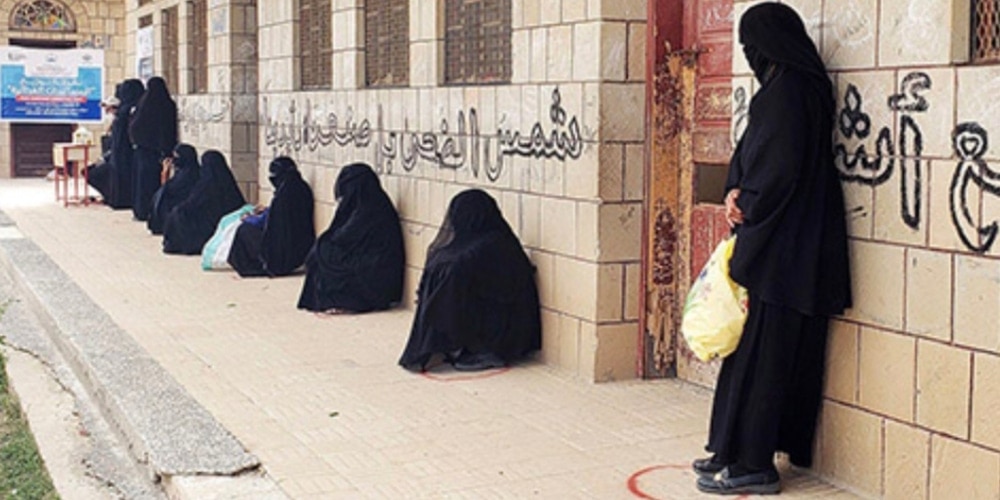
In 2020, the humanitarian crisis in Yemen is at its worst since the start of the conflict in 2015. Though the country and its needs are not often featured in the news, Yemen has earned the sad distinction of being the country with the greatest humanitarian need in the world.
“Health care is among the areas hardest hit by the conflict,” Adventist Development and Relief Agency (ADRA) workers said. “Hospitals and health facilities have not been spared the ravages of war. With dwindling resources, health-care providers are less able to continue working and are deprived of means to provide for their families. A worsening fuel crisis complicates the transport of critical supplies. Entire regions have been left without life-saving care.”
ADRA, with funding from the government of Canada, is working hard to meet the needs. From April 2018 to March 2020, ADRA provided resources and supplies to health-care facilities and personnel in one of the most war-torn areas of the country. This project served 225,715 people, of whom 121,532 were women.
The project providers renovated and fully equipped three health units, including a fully functional laboratory. The project is also helping to pay the salaries of health-care providers, including doctors, obstetricians, midwives, nurses, and nutrition experts, so that they can continue to improve their communities while also providing for their families.
“It is difficult for hospitals to obtain all the types of medication they need and in the quantities they need,” ADRA leaders said. “ADRA can help fill this need. With a transportation network in place, ADRA procures and transfers the medicines to where they are most needed.”
Through a referral and transportation system, more than 500 patients whose cases were too complicated for their local health facility were sent to a hospital in the capital of Sana’a, as that hospital is better equipped to deal with surgeries and advanced care, ADRA reported.
“This referral system provides each patient with a patient ID card, a transport voucher, and a caregiver,” ADRA leaders said. “They are then able to travel to the referral hospital and receive the care they need. Without this assistance, most patients would not be able to afford the trip.”
ADRA’s project is also addressing malnutrition, especially in children under five years old and also in women. Through its nutrition experts and training, ADRA is teaching Yemenis the importance of breastfeeding, a balanced diet, and hygiene and sanitation. More 15,000 malnourished children and women have received treatment.
In addition to providing health care and nutrition, the project is addressing protection issues such as gender-based violence.
“In times of difficulty, often the most vulnerable — children, girls, and women — suffer additional abuse. Through training and resources, the project seeks to teach more positive ways of coping with stress and the many benefits that can be enjoyed when the entire family is protected.”
According to ADRA leaders, the agency has become known for working with determination, principles, and consistency in some of the most sensitive and challenging areas in Yemen.
“We are grateful for this opportunity to save lives and serve so that all may live as God intended,” they said.
The original version of this story was posted by the Adventist Development and Relief Agency in Canada.